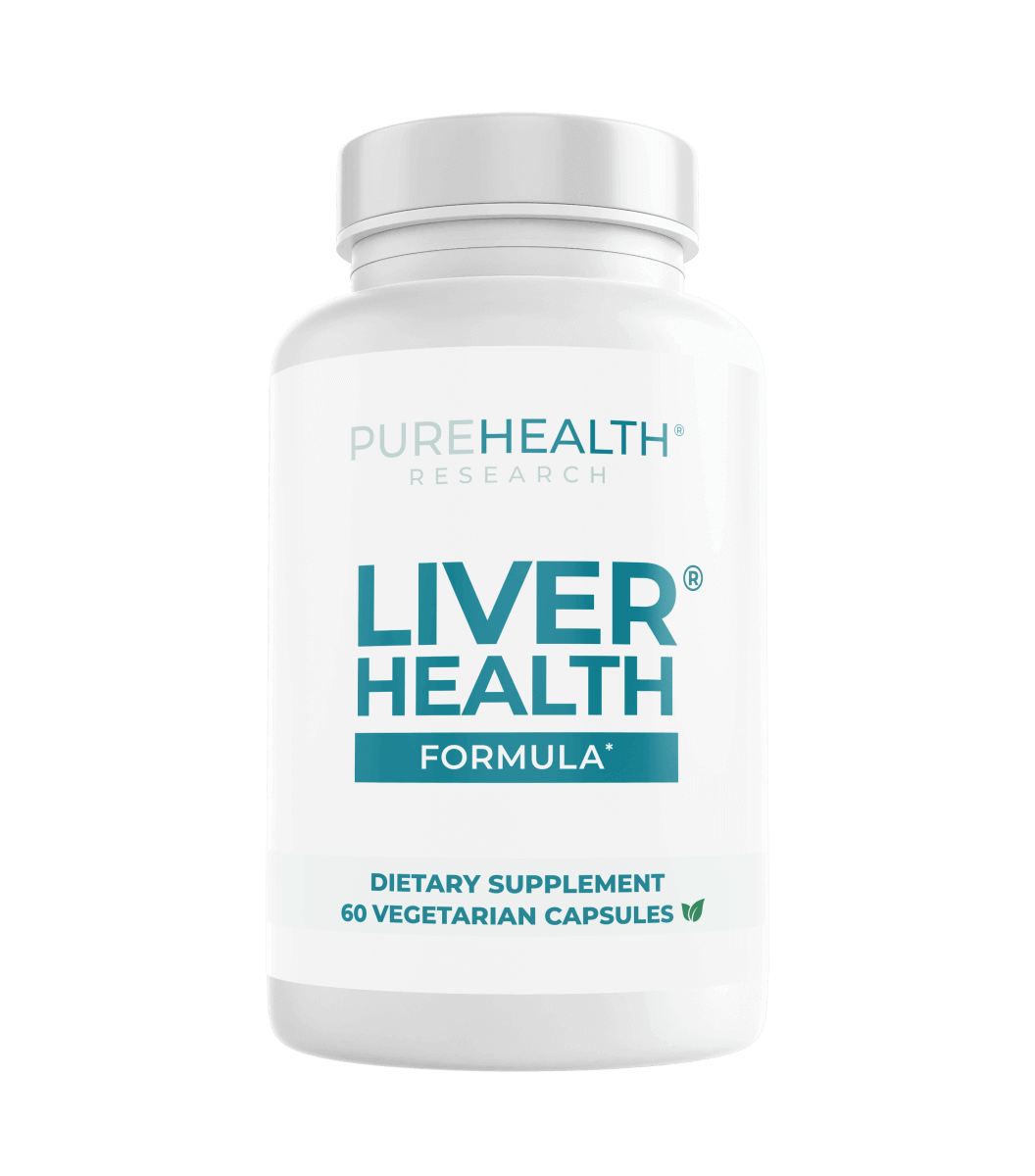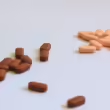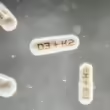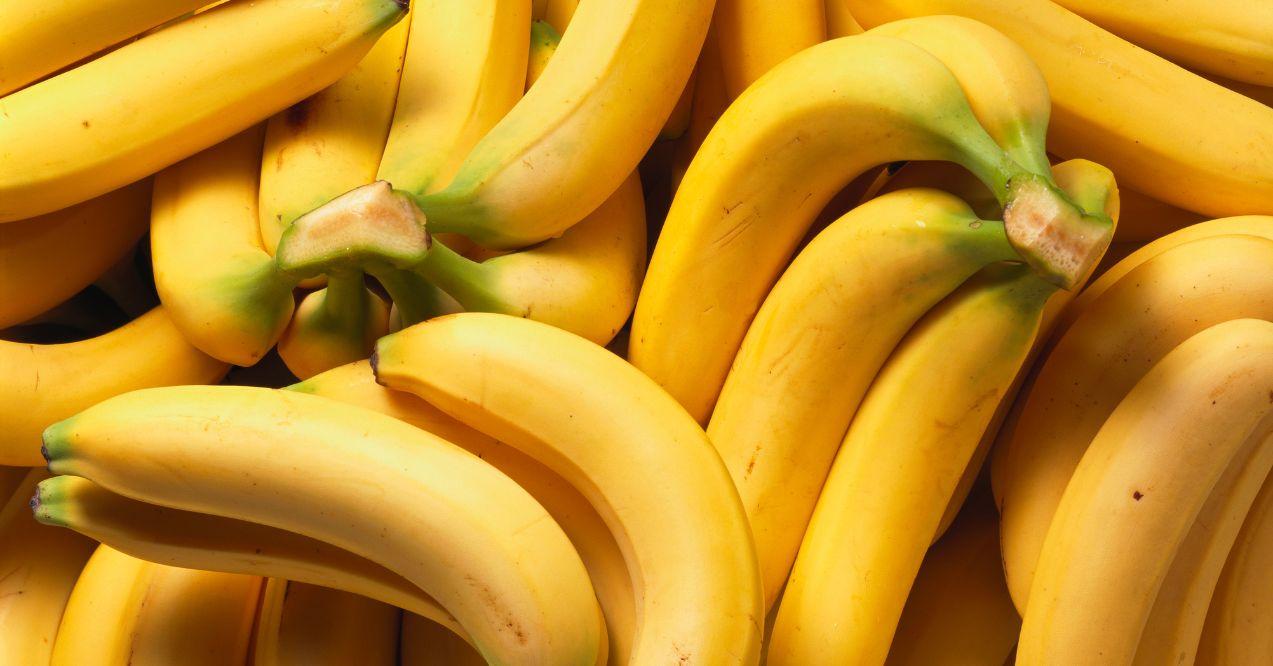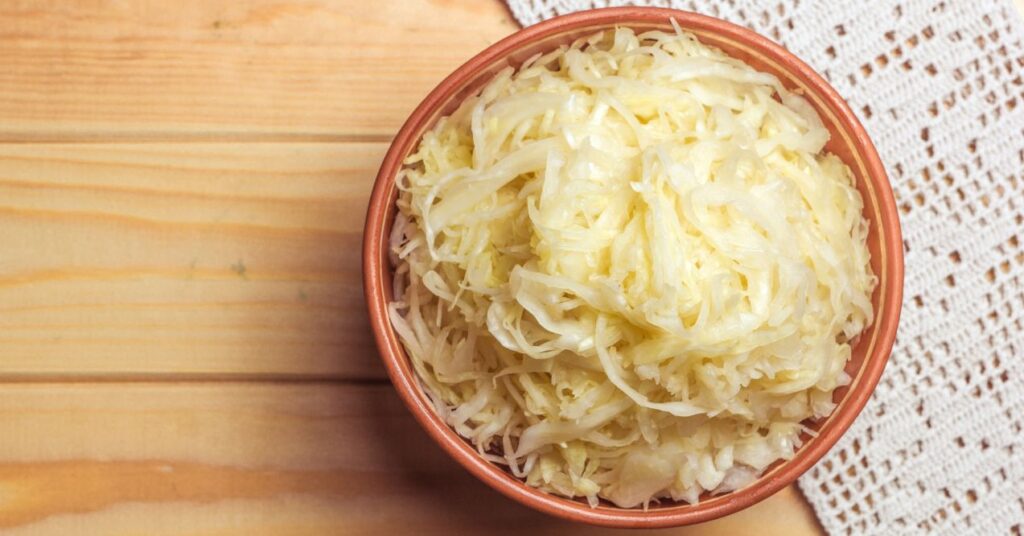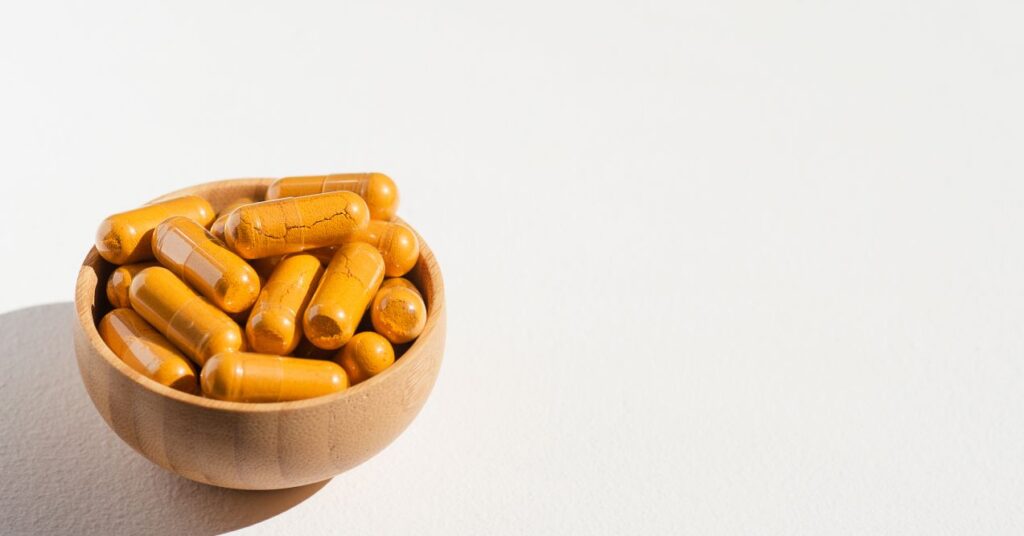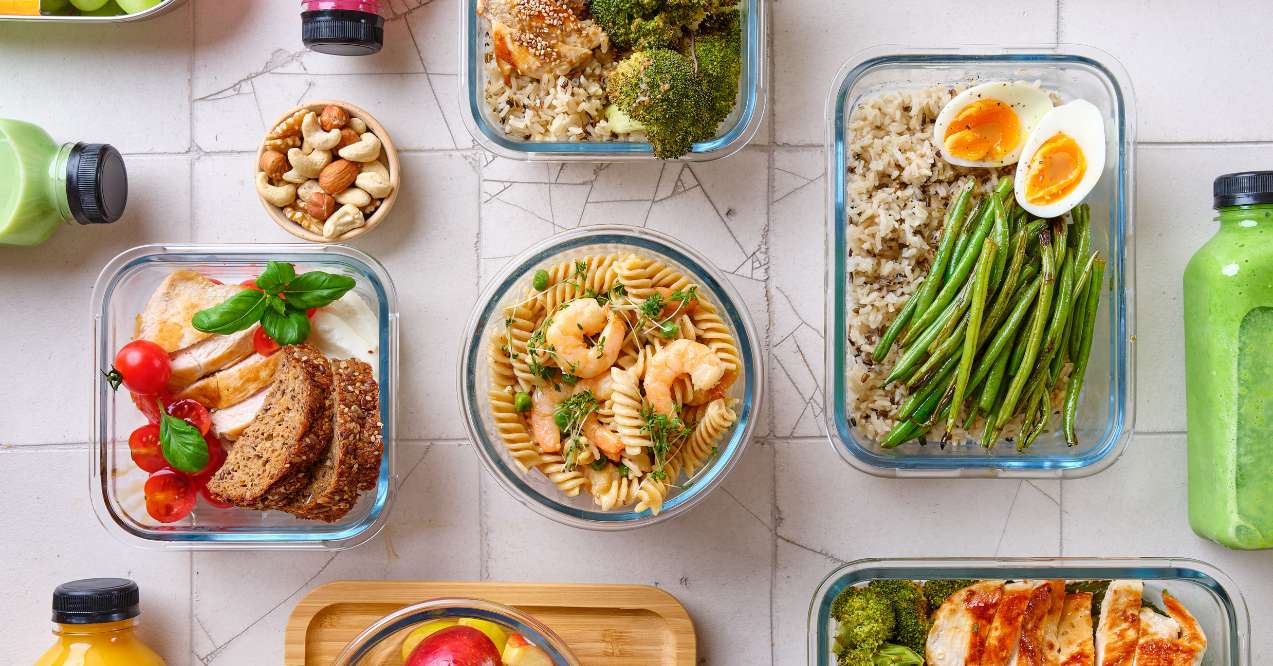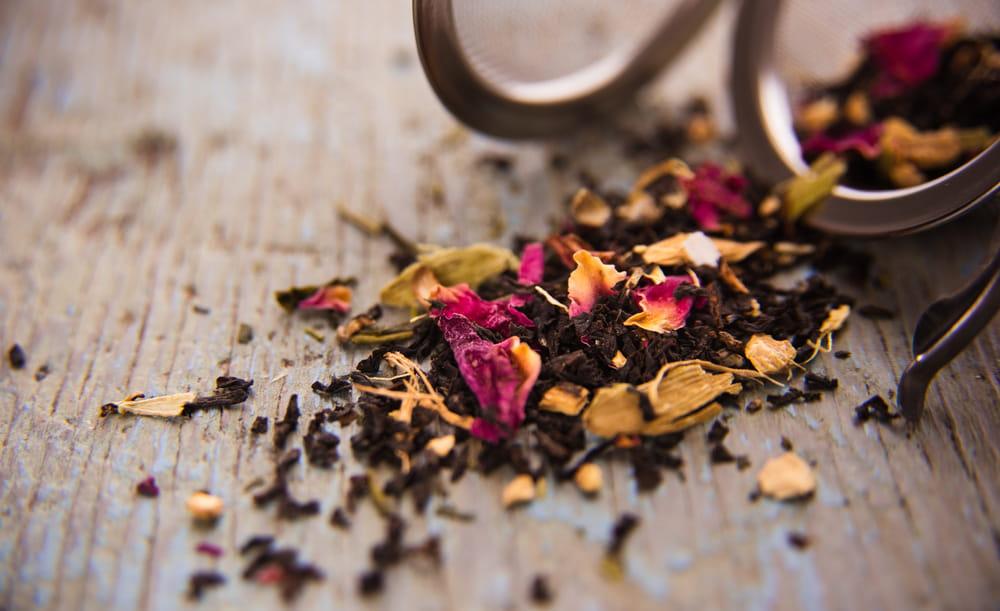3-Day Liver Cleanse Diet Plan for 2024
Medically reviewed by our experts
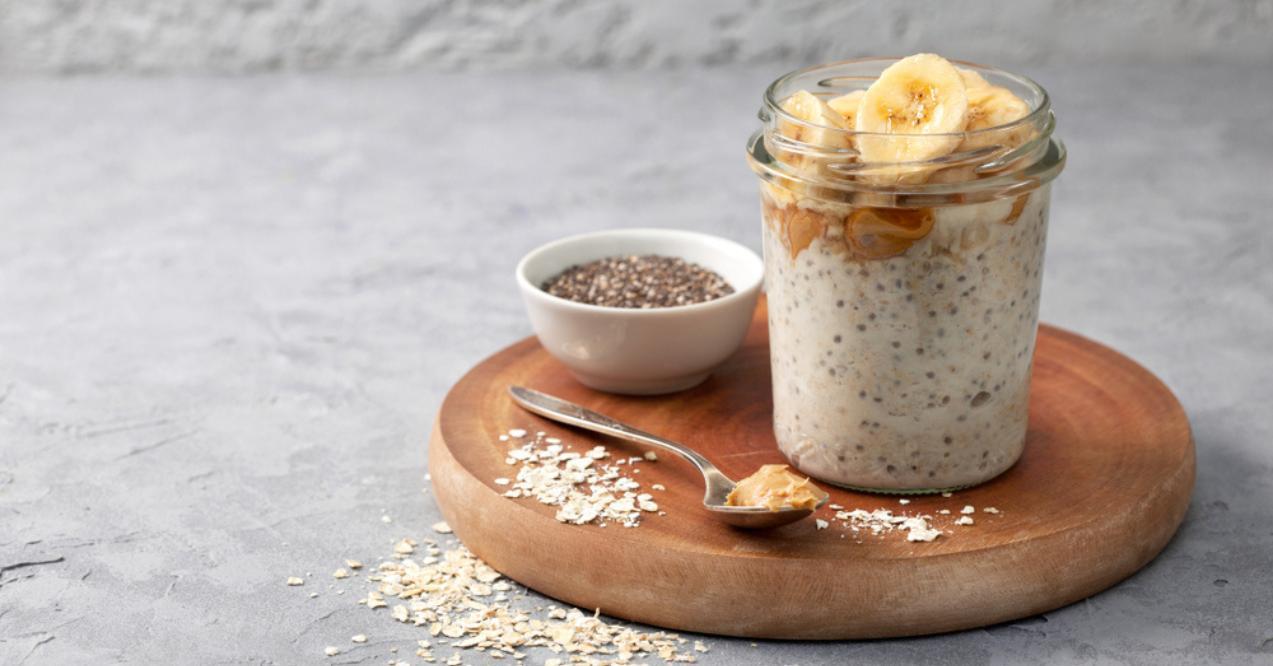

Embarking on a 3 day liver cleanse diet can be one of the best ways to improve liver function, ensuring this vital organ is operating at its peak. The liver, a powerhouse of detoxification, plays a crucial role in filtering toxins, aiding digestion, and supporting overall health. However, the constant exposure to environmental pollutants, processed foods, and stress can overload it, necessitating a focused effort to rejuvenate and cleanse.
This article delves into the significance of liver detoxification, shedding light on the unmistakable signs that your liver is efficiently purging toxins. We’ll explore the optimal duration for detoxification, illuminating the myriad benefits of a cleansed liver, from enhanced energy levels to improved metabolic health.
Moreover, we provide a practical, day-by-day guide to a 3-day liver cleanse diet plan with the best liver detox foods, designed to reset your liver, bolster your wellbeing, and set you on a path to a healthier lifestyle.
What Role Does Diet Play in Liver Health?
Diet plays a pivotal role in maintaining liver health, a fact underscored by numerous scientific findings and statistics from around the world. The liver, central to processing nutrients and filtering toxins, is significantly influenced by our dietary choices. Excessive consumption of sugar, fat, and alcohol may lead to various liver diseases.
Conversely, nutrient-rich foods like fruits, vegetables, whole grains, and lean proteins can enhance liver function and protect against disease.
Research supports the benefits of specific dietary patterns, such as the Mediterranean diet, which is associated with a lower risk of liver diseases. This brings into question popular trends like detox drinks; while many wonder, do detox drinks actually work, it’s crucial to understand that a balanced diet is the most effective strategy for supporting liver health.
Incorporating a 3 day liver cleanse diet plan can kick-start a healthier lifestyle, emphasizing foods that naturally detoxify the liver. It is especially hard to find tasty liquids that could benefit your diet. So if you are wondering what tea is good for liver and kidneys, certain teas stand out for their dual benefits.
For instance, green tea and milk thistle tea are celebrated for their antioxidant properties, aiding in the elimination of toxins and supporting liver and kidney health. This holistic approach to diet not only fosters liver health but also sets the foundation for overall well-being.
Benefits of Doing A Liver Cleanse Diet
Embarking on a 3 day liver detox diet offers a multitude of health benefits, pivotal for anyone looking to rejuvenate their liver and enhance their overall well-being. This specialized diet is designed to lighten the liver’s load, facilitating the elimination of toxins that accumulate from processed foods, environmental pollutants, and lifestyle choices.
Here are the benefits of undertaking a liver cleanse diet:
- Enhanced Metabolic Function – A liver cleanse diet helps in boosting the liver’s ability to metabolize fats and sugars more effectively, leading to improved energy levels and a more efficient metabolic rate.
- Toxin Elimination – By reducing the intake of harmful substances and increasing the consumption of detoxifying foods and drinks, a liver cleanse aids in flushing out toxins accumulated in the liver, enhancing its filtering capabilities.
- Improved Digestive Health – A healthy liver produces bile more efficiently, which is essential for breaking down fats and supporting a healthy digestive system, reducing symptoms of bloating, constipation, and indigestion.
- Increased Energy and Vitality – As the liver becomes more effective in toxin removal and metabolism, individuals often experience a significant increase in energy levels and overall vitality.
- Support for Liver Regeneration – The liver has an incredible ability to repair and regenerate itself. A cleanse diet provides the necessary nutrients and rest the liver needs to revive and regenerate damaged tissues.
- Weight Management – By improving the body’s metabolic processes, a liver cleanse can also contribute to managing a healthy weight, as the body becomes more efficient in fat processing and elimination.
- Clearer Skin – The skin often reflects the body’s internal health. By eliminating toxins and improving liver function, a liver cleanse can lead to clearer, more radiant skin as the body more effectively removes waste products.
- Supported Immune System – A healthy liver plays a crucial role in the body’s immune response. Cleansing the liver can help strengthen immune functions, making the body better equipped to fight off pathogens and diseases.
These positive changes, including signs your liver is healing, are not only a testament to the liver’s remarkable ability to recover but also highlight the profound impact diet has on our body’s detoxification systems. Observing signs such as improved energy levels, clearer skin, and better digestion can indicate that the liver is effectively repairing and rejuvenating itself.
Opting for a 3 day liver detox diet thus serves as a powerful tool in resetting your body’s health, steering you towards a path of increased vitality and longevity. Through this focused dietary approach, the liver receives the support it needs to flush out toxins and function optimally, underscoring the crucial role of diet in liver health and overall wellness.
3 Day Liver Cleanse Diet
Day 1
Day one 1 in your 3 day liver cleanse diet plan is designed to reduce inflammation and kickstart the liver’s detoxification process with a focus on antioxidants and omega-3 fatty acids. Each meal is crafted to provide the nutrients necessary to support these goals, making it the perfect start to a liver cleanse diet.
Breakfast
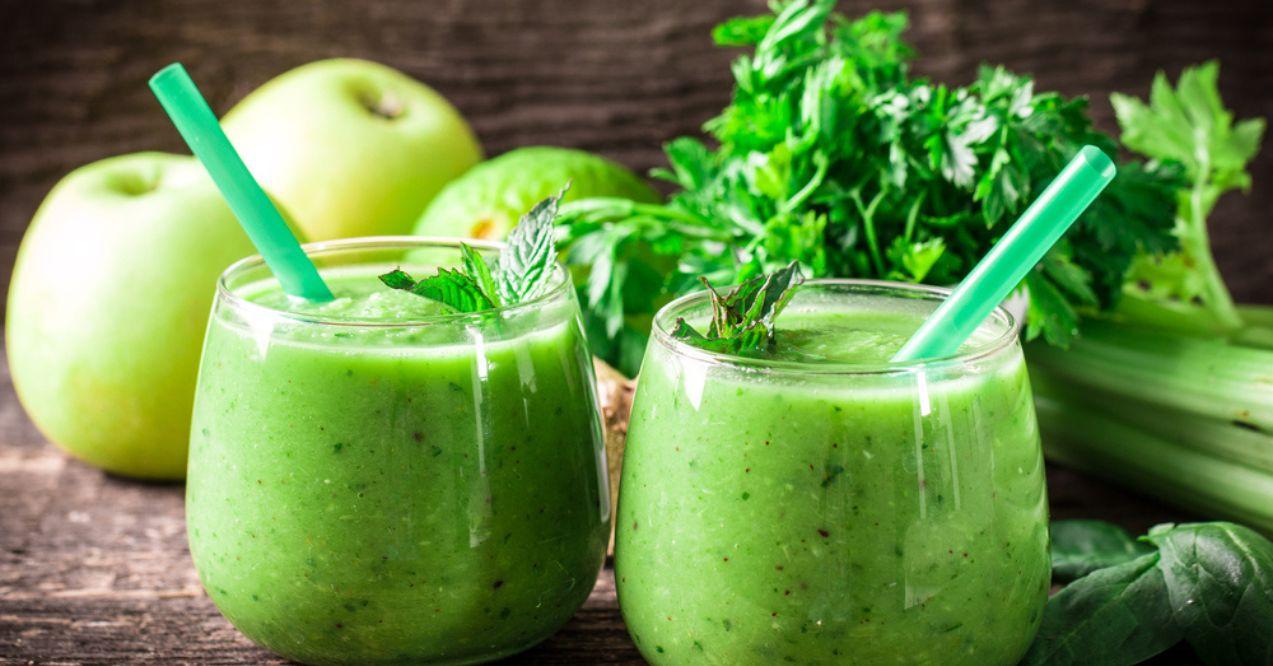

Green Smoothie (spinach, kale, green apple, lemon juice, ginger, and a tablespoon of flaxseed)
Instructions
- Combine spinach, kale, green apple, lemon juice, ginger, and flaxseed in a blender.
- Add water or almond milk to help blend. Blend until smooth.
- If desired, add ice to cool the smoothie and blend again until smooth.
This smoothie is a powerhouse of nutrients and serves as one of the best drinks to detox liver. Spinach and kale provide chlorophyll, which supports detoxification processes, while the lemon and ginger have antioxidant properties that aid in cleansing. Flaxseed adds omega-3 fatty acids and fiber, promoting healthy digestion and toxin elimination.
Lunch
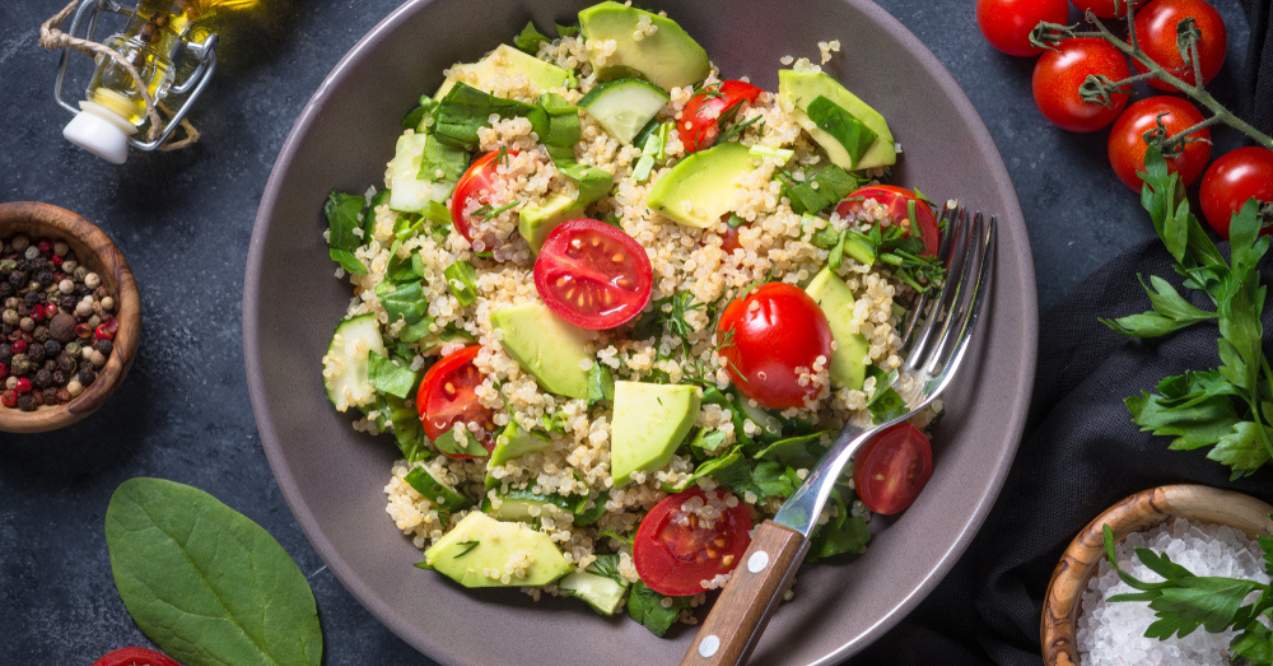

Quinoa Avocado Salad (quinoa, arugula, spinach, or kale, tomatoes, cucumber, avocado)
Instructions
- In a large bowl, combine the cooked quinoa with mixed greens, cherry tomatoes, and cucumber.
- Add the diced avocado to the bowl.
- Dress the salad with olive oil and lemon juice. Season with salt and pepper to taste. Gently toss to combine.
This salad is rich in healthy fats from the avocado and olive oil, which support liver health and help absorb fat-soluble vitamins. Quinoa provides complete protein and fiber, essential for detoxification and digestion.
Dinner
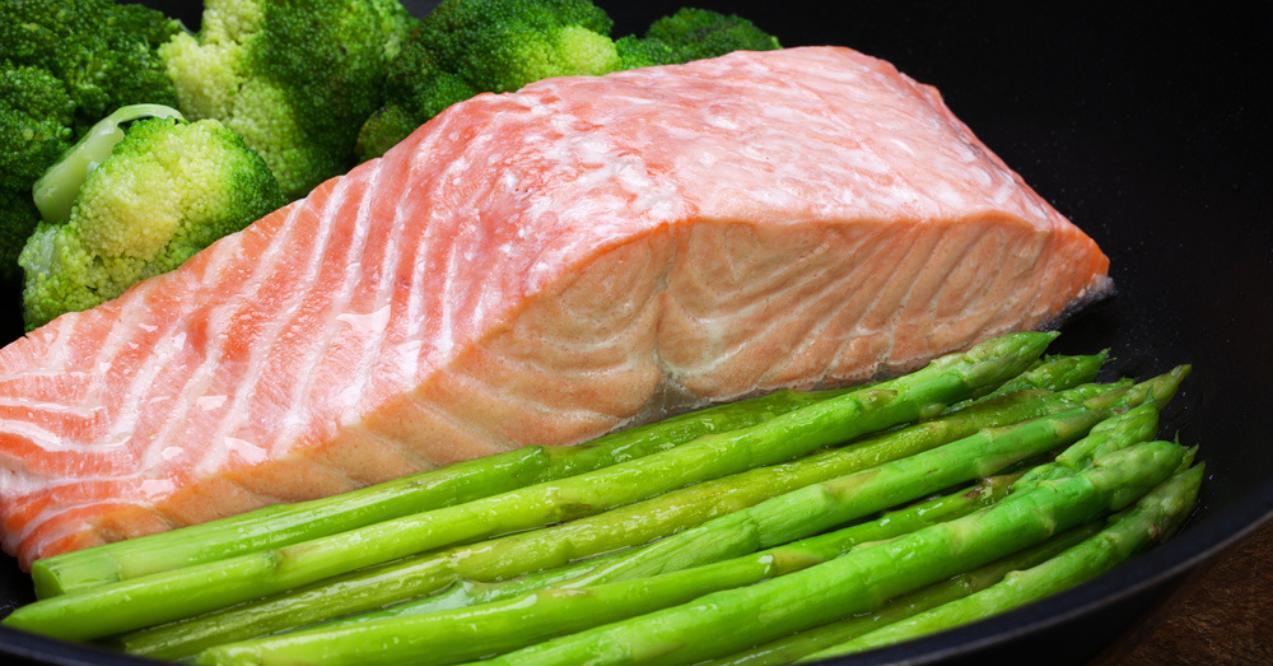

Baked Salmon with Steamed Broccoli and Asparagus
Instructions
- Preheat the oven to 400°F (200°C). Line a baking sheet with parchment paper.
- Place the salmon filets on the baking sheet. Drizzle with olive oil and lemon juice, then season with salt and pepper.
- Bake in the preheated oven for 12-15 minutes, or until the salmon is cooked through and flakes easily with a fork.
- While the salmon bakes, steam the broccoli and asparagus until tender-crisp, about 5-7 minutes.
- Serve the baked salmon with a side of steamed broccoli and asparagus.
Salmon is an excellent source of omega-3 fatty acids, which are vital for reducing inflammation and supporting liver health. Broccoli and asparagus are high in fiber and nutrients, including antioxidants that aid in the liver’s detoxification process.
Day 2
Day 2 of your 3-day liver cleanse diet menu focuses on boosting fiber intake through wholesome meals, aiding in digestion and the elimination of toxins, crucial steps for effective liver cleansing. Each recipe is designed to support this goal, contributing to a healthier liver and overall body wellness.
Breakfast
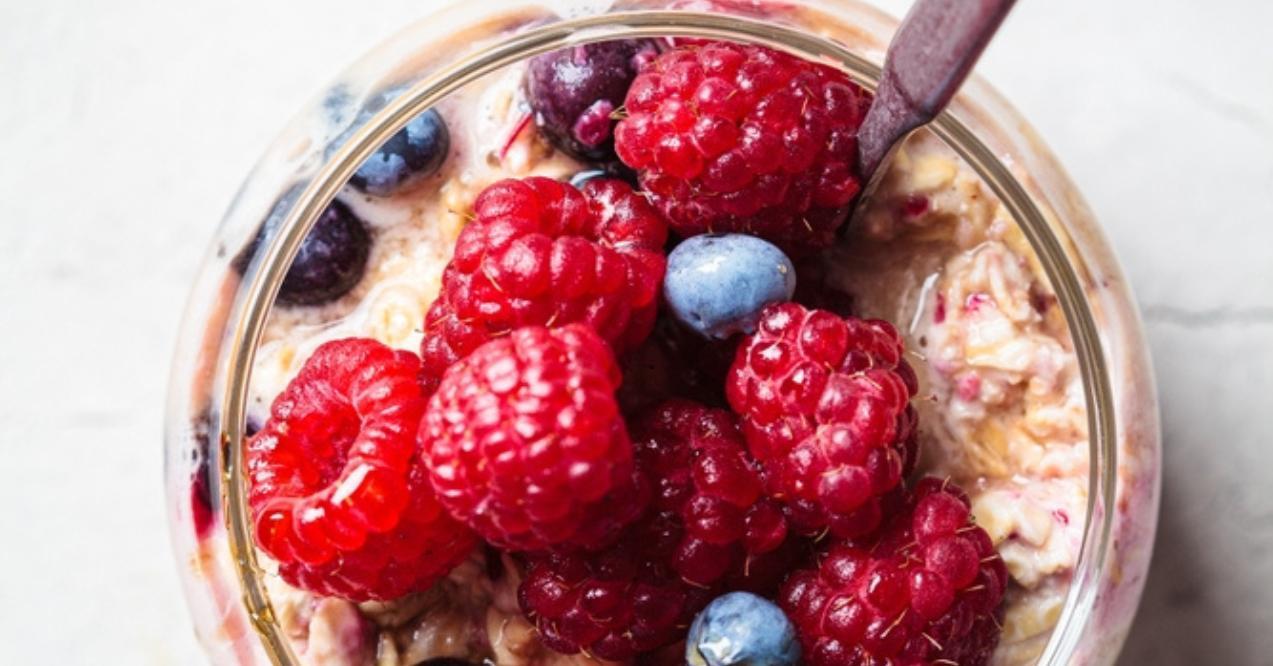

Berry Chia Oatmeal
Instructions
- In a medium saucepan, bring the almond milk or water to a boil. Add the rolled oats and reduce the heat to simmer. Cook, stirring occasionally, until the oats are soft and have absorbed most of the liquid, about 5-10 minutes.
- Remove from heat and stir in the chia seeds and cinnamon. Let sit for a couple of minutes to thicken.
- Serve the oatmeal in bowls, topped with fresh berries and a drizzle of honey or maple syrup for sweetness.
This breakfast is packed with fiber from oats and chia seeds, which promote healthy digestion and toxin elimination. The berries add antioxidants and vitamins that support liver health and overall wellness.
Lunch
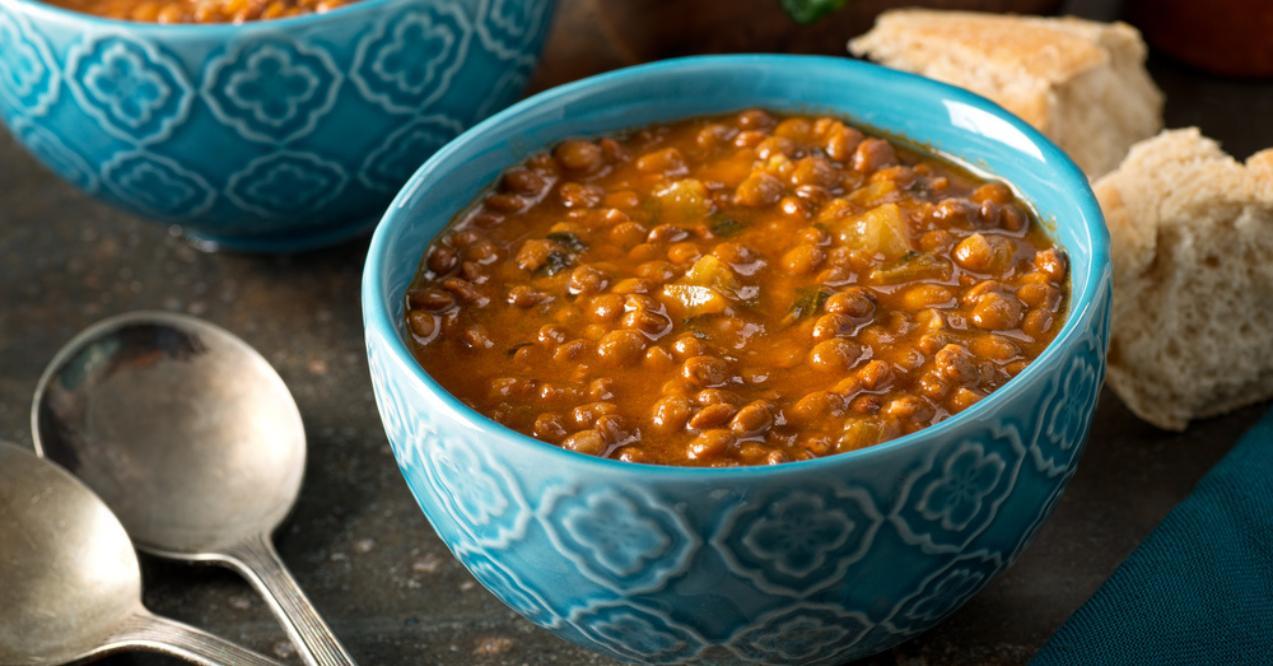

Hearty Lentil Soup
Instructions
- In a large pot, heat the olive oil over medium heat. Add onion, carrot, and celery, and cook until softened, about 5 minutes.
- Add the garlic and cumin, cooking for another minute until fragrant.
- Add the lentils and vegetable broth. Bring to a boil, then reduce heat to simmer. Cover and cook until the lentils are tender, about 20-25 minutes.
- Stir in the spinach and cook until wilted, about 2 minutes. Season with salt and pepper to taste.
Lentils are a fantastic source of fiber and plant-based protein, both essential for liver health. This soup is also packed with vegetables that provide nutrients and antioxidants to support the body’s detox processes.
Dinner
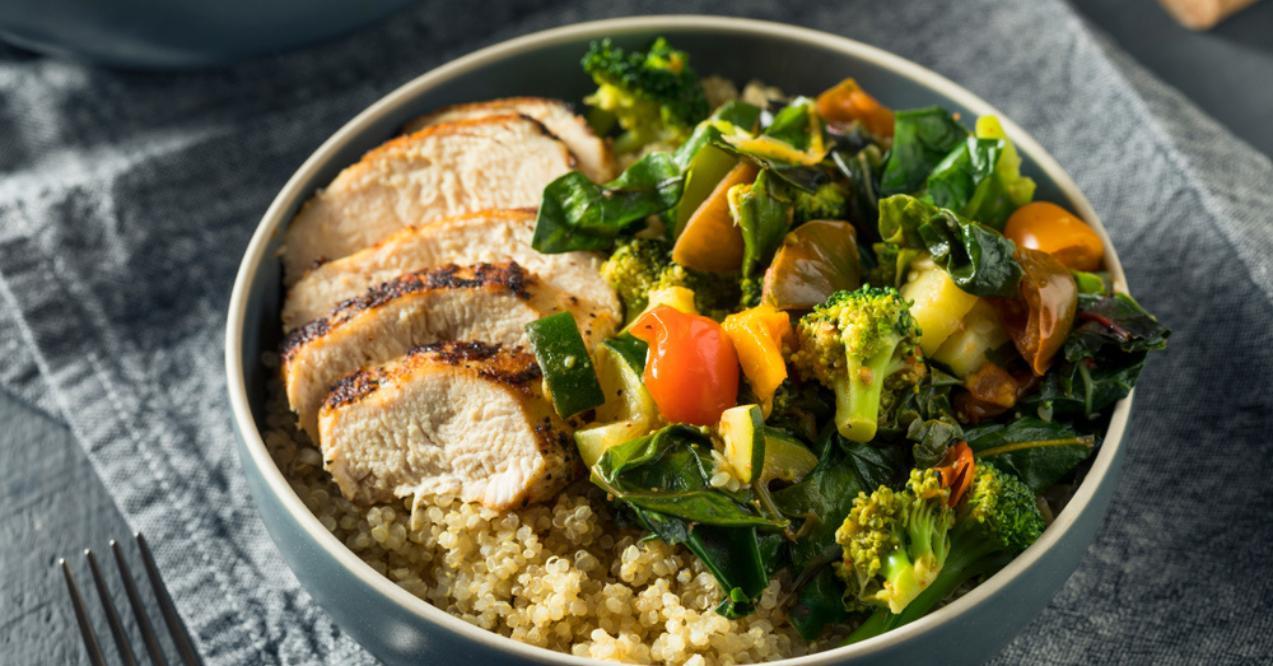

Grilled Chicken Breast with Quinoa and Side Salad
- Prepare the Chicken – Marinate the chicken breasts with olive oil, lemon juice, salt, and pepper. Let sit for at least 15 minutes. Preheat the grill to medium-high heat and grill the chicken for 6-7 minutes per side or until fully cooked. Let it rest for a few minutes before slicing.
- Cook the Quinoa – In a medium saucepan, bring 2 cups of water to a boil. Add the rinsed quinoa and a pinch of salt, reduce heat to low, cover, and simmer for 15 minutes or until all water is absorbed. Remove from heat and let it stand covered for 5 minutes. Fluff with a fork.
- Assemble the Salad – In a bowl, combine the mixed greens, cucumber, and cherry tomatoes. Dress with olive oil and balsamic vinegar.
This dinner provides a balanced meal with high-quality protein from the chicken, complex carbohydrates from the quinoa, and fiber from the salad. This combination supports liver function by aiding in detoxification and providing essential nutrients.
Day 3
Day 3 of your 3 day liver cleanse diet emphasizes foods rich in liver-supporting nutrients. Each meal is designed to provide a combination of antioxidants, healthy fats, and compounds specifically beneficial for liver detoxification and health. Consuming a diet rich in these nutrients can help cleanse the liver, support its function, and contribute to overall wellness.
Breakfast
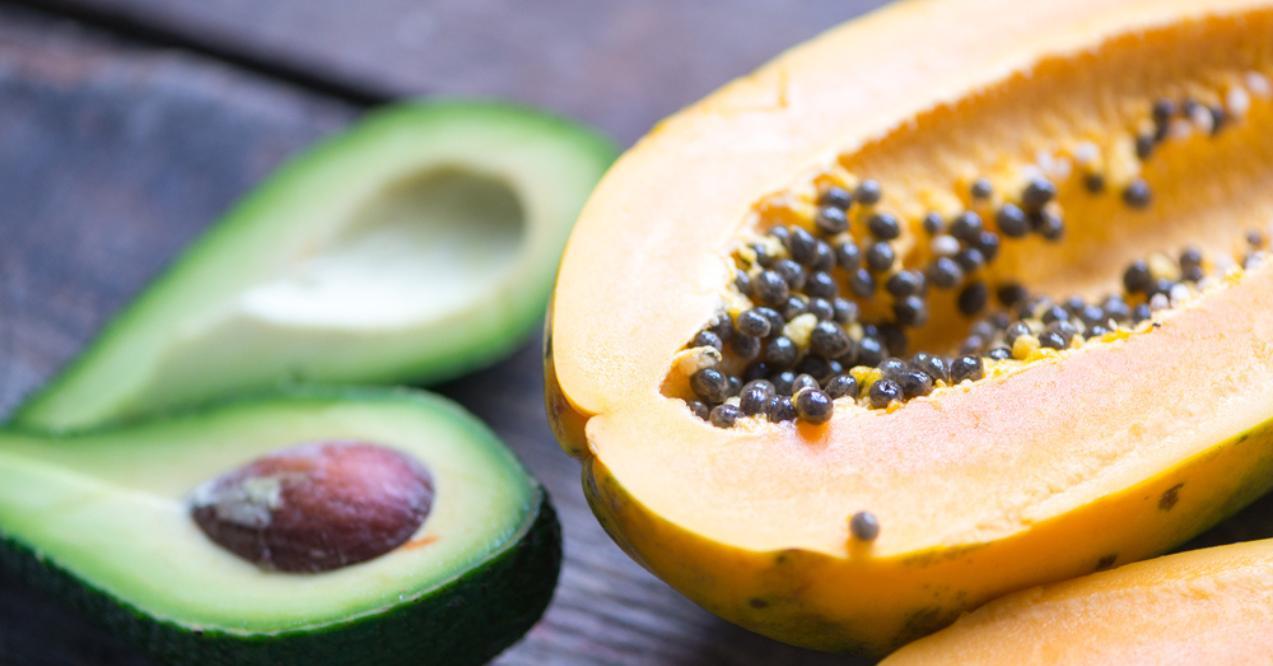

Avocado Toast with Papaya
Instructions
- Toast whole-grain bread to your liking.
- Mash ripe avocado and spread generously over the toast.
- For an extra flavor kick, add a pinch of salt, pepper, and a squeeze of lemon juice. Serve with slices of ripe papaya on the side.
Avocado is loaded with healthy fats and fiber, aiding in the elimination of toxins and supporting overall liver health. Whole-grain bread provides additional fiber, while papaya contributes digestive enzymes and antioxidants, making this breakfast a nutrient-dense choice to start your day.
Lunch
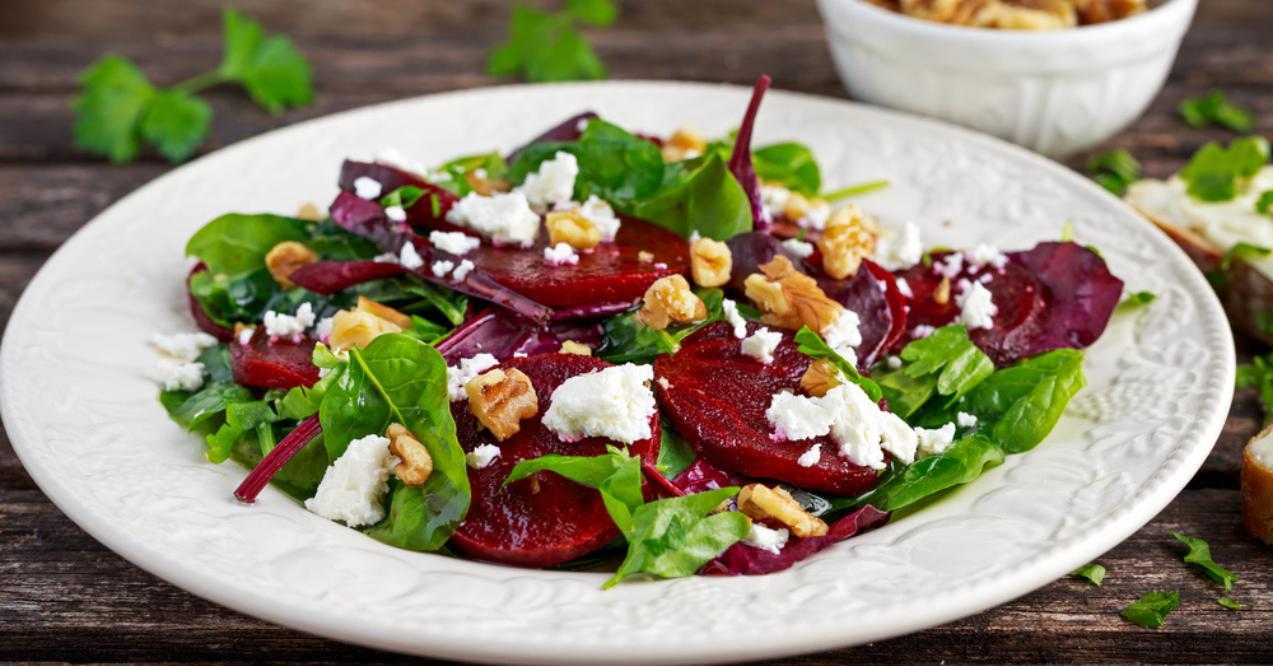

Walnut and Beet Salad
Instructions
- Combine roasted beets, arugula, and crumbled feta cheese in a large salad bowl.
- Toss with a handful of walnuts and drizzle with balsamic vinaigrette just before serving.
This salad is a nutritional powerhouse for liver health. Beets contain betalains, compounds that have been shown to support liver detoxification. Walnuts are rich in omega-3 fatty acids and antioxidants, which help reduce liver inflammation and oxidative stress. Arugula and feta add essential vitamins and minerals, enhancing the salad’s detoxifying properties.
Dinner
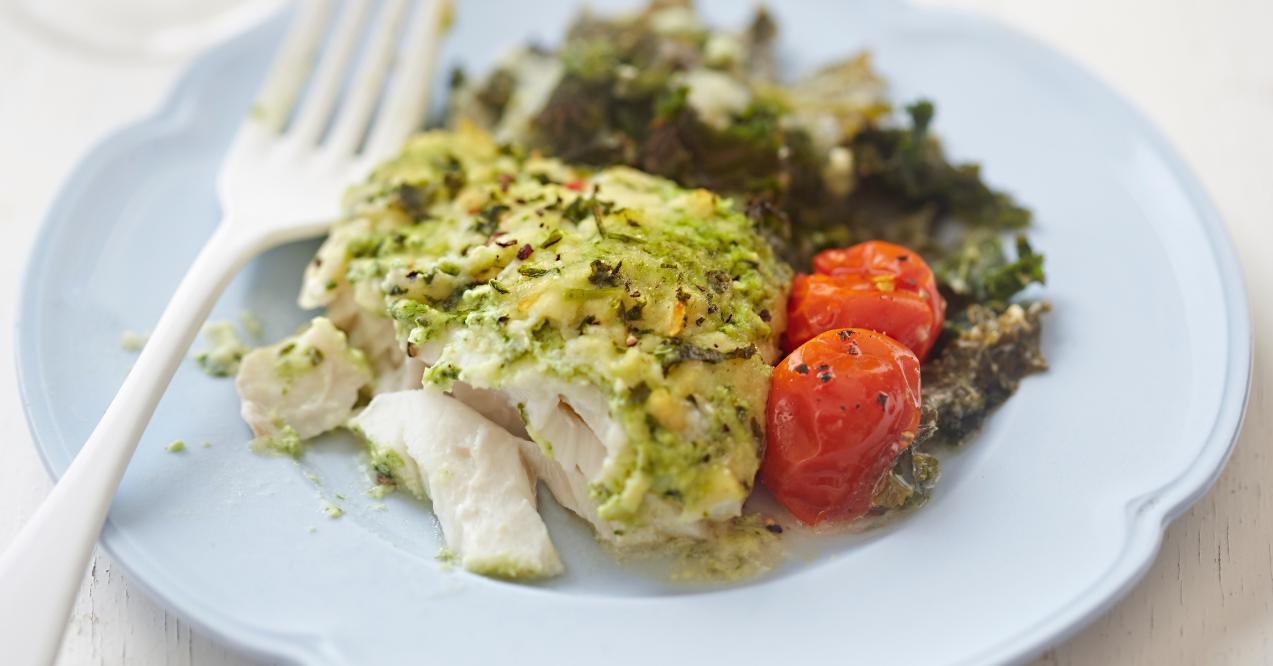

Baked Cod with Sautéed Kale and Garlic
Instructions
- Season cod filets with herbs and spices of your choice, then bake until flaky and tender.
- In a pan, sauté kale with minced garlic and a bit of olive oil until the kale is wilted and tender.
Cod provides high-quality protein and is light on the liver, making it an excellent choice for supporting liver function without overwhelming it with heavy digestion. Kale is a cruciferous vegetable, high in compounds that support the body’s natural detoxification processes and protect the liver from damage.
Drink for Better Liver Detox
For enhancing liver detoxification, drinking the best detox teas for liver such as dandelion root tea, milk thistle tea, and green tea can be beneficial. These teas are known for their liver-supporting properties, aiding in the elimination of toxins and providing antioxidant benefits.
Dandelion root tea, in particular, supports liver function by helping to filter toxins and replenish electrolytes. Milk thistle tea supports liver health by protecting liver cells from damage and promoting regeneration. Green tea is rich in catechins, a type of antioxidant that has been shown to improve liver function.
Snacks for Liver Detox
If you find yourself hungry between meals, consider snacking on foods that are gentle on the liver and support its detoxification process. Good options include:
- A small handful of raw almonds or walnuts, which provide healthy fats and support liver health.
- Sliced carrots or bell peppers with hummus, offering fiber and essential nutrients without overloading the liver.
- A piece of fruit, such as an apple or a pear, to provide fiber and hydration.
- A serving of Greek yogurt with a drizzle of honey, offering probiotics and protein.
Remember, while these snacks can help keep hunger at bay, it’s essential to be mindful of what foods can damage your liver, such as processed foods, excessive amounts of sugar, fried foods, and high-fat meals. Maintaining a diet rich in fruits, vegetables, lean proteins, and whole grains while minimizing the intake of harmful substances is crucial for supporting liver health and detoxification.
Supplements for Liver
After considering the healthy snack options that support liver health and detoxification, it’s also worth exploring additional support to maximize the benefits of your 3-day liver cleanse diet.
Incorporating a supplement like Liver Health Formula by PureHealth Research, endorsed by Dr. Holly Lucille, ND, which is one of the best supplements for cleanse and detox, may be a beneficial addition to your diet.
Supplementing your 3-day liver cleanse diet with Liver Health Formula may aid in the detox process, offering an extra layer of support to ensure your liver has all it needs to cleanse effectively.
How Long Does It Take a Liver to Detox?
Young Adults (20s-30s)
- Generally have a more resilient liver, capable of detoxifying more efficiently.
- With a healthy lifestyle, detox can begin to show benefits in as little as 2-4 weeks.
Middle-Aged Adults (40s-50s)
- The liver’s ability to detoxify may slow down due to cumulative exposure to toxins and possible lifestyle factors.
- Visible improvements might take 1-2 months of consistent healthy living.
Seniors (60s and above)
- Liver function continues to decline with age, making detox processes slower.
- Requires a longer duration for noticeable detox effects, potentially 2-3 months or more.
In all age groups, the duration for a liver to detox significantly depends on factors such as diet, alcohol consumption, medication use, and overall health. A consistent approach to healthy living, including a balanced diet, regular exercise, and avoiding harmful substances, is crucial for supporting the liver’s natural detoxification process.
Signs Your Liver Cleanse Diet Is Working
Recognizing the signs of liver detox working is crucial to understanding the effectiveness of a liver cleanse diet. Here are key indicators to look out for:
- Improved Energy Levels – One of the first signs of liver detox working is a noticeable increase in energy and vitality, moving away from the sluggishness often caused by toxins.
- Clearer Skin – As the liver gets rid of toxins, you might observe clearer, more radiant skin, a direct reflection of internal health improvements.
- Better Digestion – Improved digestion, with reduced bloating and regular bowel movements, indicates that toxins are being efficiently processed and eliminated.
- Liver Detox Symptoms – Initially, you may experience symptoms such as headaches or fatigue, which are common liver detox symptoms indicating your body is adjusting and beginning to expel toxins.
Monitoring these signs can provide reassurance that your liver cleanse diet is effectively supporting your liver’s natural detoxification processes.
The Bottom Line
Embarking on a 3-day liver cleanse diet provides a foundation for revitalizing liver function through carefully selected, nutrient-rich foods. Each day is structured around meals that not only support the liver’s natural detoxification process but also nourish the body:
- Key Components – Antioxidant-packed green smoothies, fiber-rich quinoa salads, omega-3 laden baked salmon, and a variety of fresh, detoxifying fruits and vegetables.
- Signs your liver cleanse is effective include – heightened energy levels, improved skin clarity, and enhanced digestive function, marking the successful elimination of toxins.
- Recommended Snacks – Nutrient-dense snacks such as raw almonds, crisp vegetables with creamy hummus, hydrating fresh fruits, and protein-rich Greek yogurt, each chosen for their gentle support of liver function.
- Foods to Avoid – To maximize the cleanse’s benefits, steer clear of processed foods, sugar-laden snacks, fried items, and high-fat meals, which can hinder liver health.
Yes, cranberry juice can be good for your liver. It’s rich in antioxidants, such as vitamin C and E, which help protect the liver from damage and support its natural detoxification processes. However, it’s important to choose pure cranberry juice without added sugars to maximize these benefits.
A liver cleanse is important because it helps remove toxins accumulated from diet, lifestyle, and environmental exposures. It supports liver function, enhances metabolic processes, and improves overall health. Regularly cleansing the liver can lead to better digestion, increased energy, clearer skin, and a healthier immune system.
The frequency of a liver cleanse diet can vary based on individual health and lifestyle. Generally, undergoing a liver cleanse 1-2 times a year is recommended to support liver health and detoxification. However, incorporating liver-supportive foods into your daily diet is crucial for continuous liver health maintenance.
Popular Articles
Advertisement. This site offers health, wellness, fitness and nutritional information and is designed for educational purposes only. You should not rely on this information as a substitute for, nor does it replace, professional medical advice, diagnosis, or treatment. If you have any concerns or questions about your health, you should always consult with a physician or other health-care professional. Do not disregard, avoid or delay obtaining medical or health related advice from your health-care professional because of something you may have read on this site. The use of any information provided on this site is solely at your own risk.
